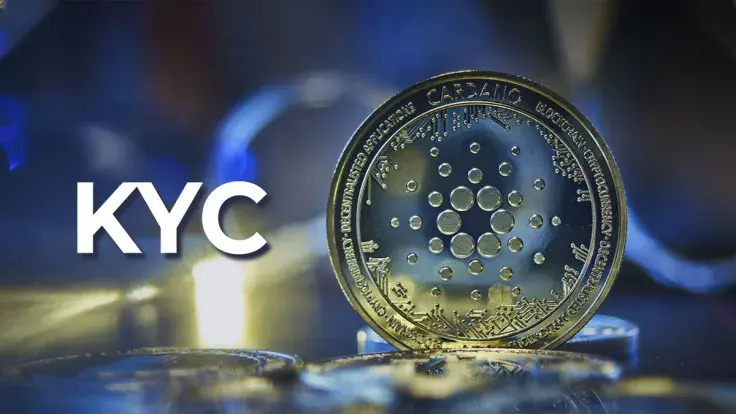
Disclaimer: The opinions expressed by our writers are their own and do not represent the views of U.Today. The financial and market information provided on U.Today is intended for informational purposes only. U.Today is not liable for any financial losses incurred while trading cryptocurrencies. Conduct your own research by contacting financial experts before making any investment decisions. We believe that all content is accurate as of the date of publication, but certain offers mentioned may no longer be available.
Cardano (ADA) is one of the most notable cryptocurrencies on the market, evidenced by its increasing popularity in recent years. This altcoin is often polarizing — some love it and some hate it, but regardless, it always receives great attention and media coverage.
Much of this popularity comes from the founder of ADA, Charles Hoskinson. With his controversial statements on crypto and non-crypto topics, the entrepreneur is also in the spotlight. Recently, he made headlines by engaging in a debate on Twitter about whether or not to add the Know Your Customer (KYC) process to the first layer of the Cardano blockchain.
KYC is an identity verification practice used on the cryptocurrency market and other financial sectors, with the aim of preventing money laundering, financing terrorism and other illegal activities. It involves collecting personal and financial information from the client, such as name, address, date of birth, occupation, source of income and other relevant data, as well as identification documents such as a passport or identity card.
It is worth noting that the idea of adding KYC to Cardano is not new in Hoskinson's mind, as he has addressed this idea of contingent processes at least 10 times. One of Ethereum's (ETH) competitors' goals is to become a network that more people can use in their daily lives. The executive believes that the validation practice can help a lot in this respect.
Calvin Koepke, lead engineer at SundaeSwap Labs, agrees with Hoskinson, pointing out that the process is necessary for the mass adoption of ADA. A cryptocurrency with KYC can be an asset that attracts regulators positively because Koepke and Hoskinson believe it increases the platform's security and helps ensure that transactions are legal.
But would that be good?
Undoubtedly, it would please regulators, but it may interfere with Cardano's decentralization idea. A network that has a KYC process can suffer from censorship. Although it does not have this practice, Ethereum's network is an excellent example for us. This is because transfers that occur on the altcoin blockchain that are not in compliance with the Office of Foreign Assets Control (OFAC), an agency belonging to the U.S. Treasury Department, are not validated.
With Cardano, if KYC is approved, there is nothing to prevent this from also happening to people who may not be engaging in illegal activities but who, for some reason, do not meet authorities' requirements to make their transactions. As noted by Alexander Monad, an ADA enthusiast, with KYC, the cryptocurrency ceases to be truly open.

 Dan Burgin
Dan Burgin Vladislav Sopov
Vladislav Sopov